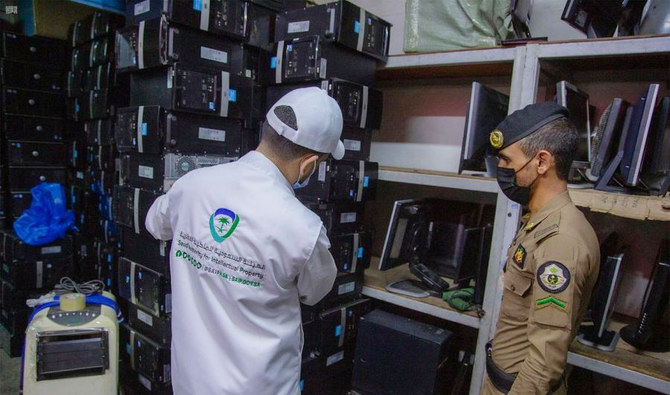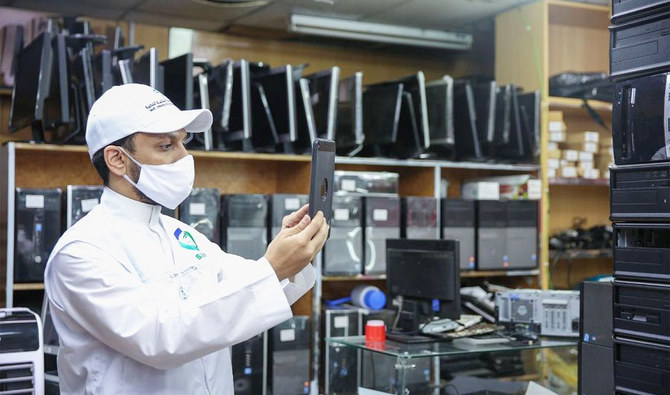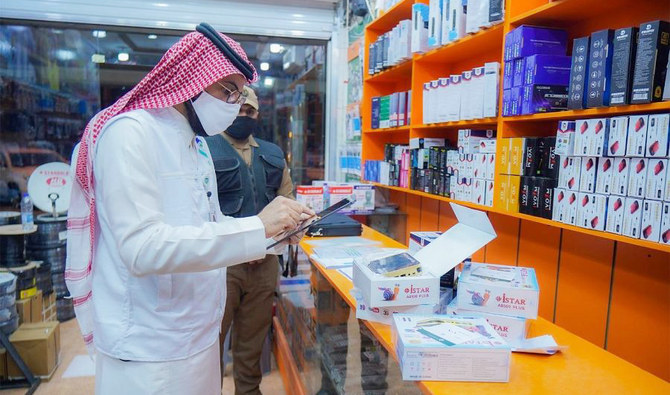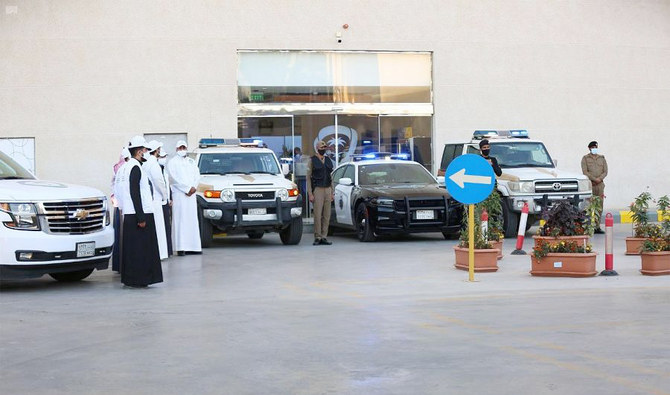RIYADH: The Saudi Authority for Intellectual Property (SAIP) has launched a campaign aimed at inspecting websites to verify their compliance with intellectual property systems and ensure they do not violate intellectual rights.
The SAIP’s inspection campaigns have been on two fronts, visiting websites that broadcast movies, sports matches and TV series and sell books, and conducting field inspections of stores in the cities of Riyadh, Jeddah and Dammam. The main goal of inspection visits is to increase public awareness about the breach of intellectual properties.
More than 355 websites were visited, of which 77 were proven to violate intellectual property rights, and were later blocked accordingly.
The websites that breach intellectual property rights are located outside the Kingdom, according to Yasser Al-Debassi, the executive director of Intellectual Property Respect and Enforcement at the SAIP.
HIGHLIGHT
The SAIP’s inspection campaigns have been on two fronts, visiting websites that broadcast movies, sports matches and TV series and sell books, and conducting field inspections of stores in the cities of Riyadh, Jeddah and Dammam. The main goal of inspection visits is to increase public awareness about the breach of intellectual properties.
He told Arab News that songs and chants are the most common intellectual property rights that are violated.
“These websites not only breach the rights of authors but also pose a great risk on the data and privacy of the devices of receivers as they compromise the data,” he noted. “The general public should avoid these suspicious websites and download movies, TV series and matches from reliable websites.”
More than 11,620 items violating creative rights were seized in the campaign in January, including electronic goods, computer programs, sound recordings, and printed works.
“We have applied the mystery shopper approach, where our inspectors act as if they are shoppers. We try to gather as much information as possible from markets and identify the types of breaches and the methods used for pirating. Then we design plans and training programs to curb these practices,” Al-Debassi explained.



















